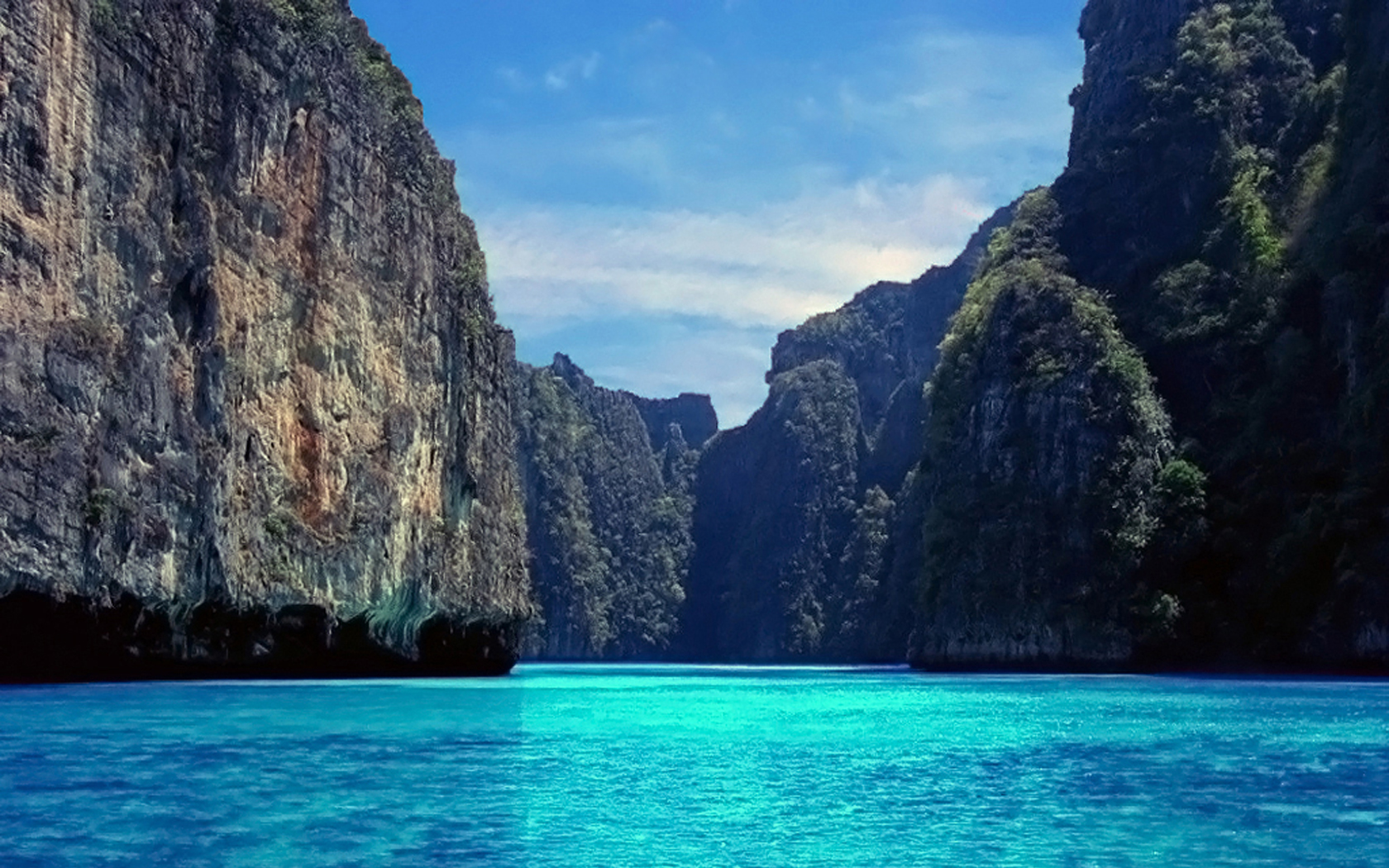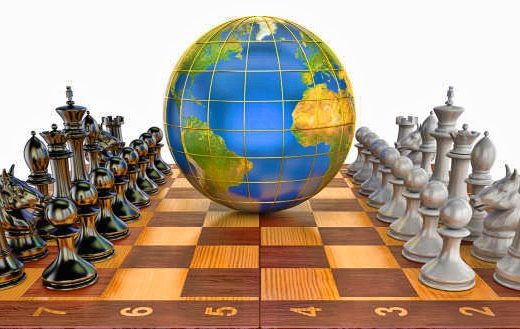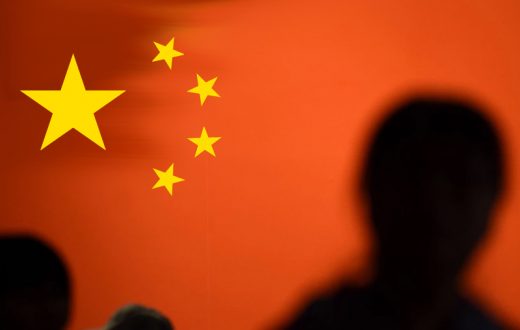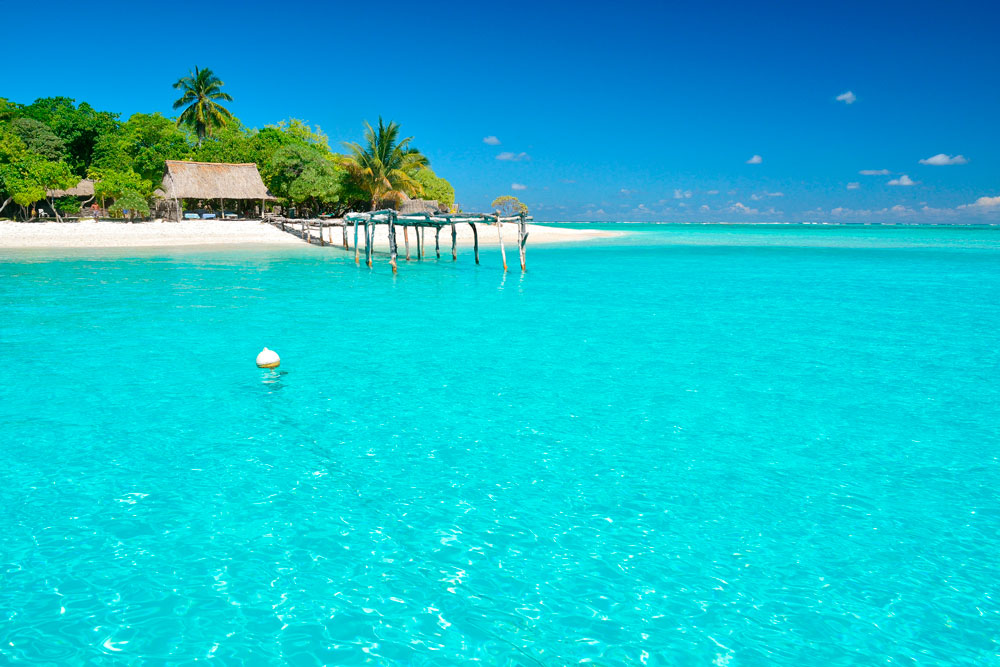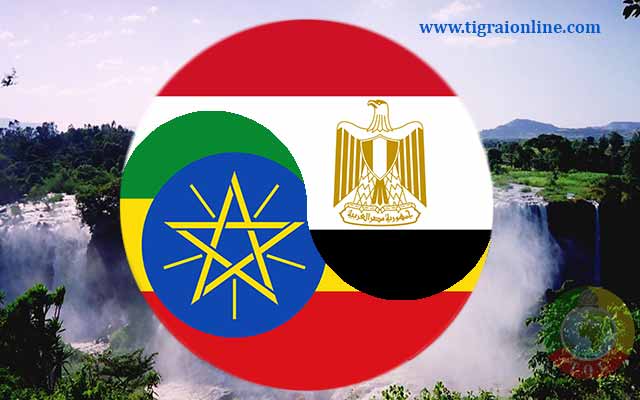Once again the African continent experiences a major regional tension as a result of colonialist
moves and decisions made throughout the last few centuries. The geo-political game played between
all European superpowers within the continent created a bunch of long-term consequences, which
are indeed still visible now a day.
There are infinite examples for proving this statement right. This article specifically is intended to
analyze one big conflict created out of the colonial era; the repercussions of which have recently
been reminded of in the media: the long-lasting rivalry over the Nile River amongst Egypt, Ethiopia
An historical overview
Back in the 1950’s, Britain established its colonies around the Nile River, as this represented the most
crucial natural asset in the African continent. Once the imperialist époque was put to an end, this
valuable natural resource was divided into two, each attributed to Egypt and Sudan respectively.
However, just like the African countries’ borders were drawn in a very geometric random manner,
the Nile’s division was also made while completely ignoring the reality on the ground. In fact, the
Nile’s waters appeared to be, in a large part, under possession of the Ethiopian government, and
many more African countries around the Nile. Ethiopia could survive as a country precisely because
of its use of the Nile River as a major source for the maintenance of its social and political stability.
Actually, Ethiopia had even been the first African country able to escape the colonialist influence
thanks to the independence that the River provided her with. Thus, as soon as the British made
promises to their old colonies, leaving Ethiopia out of the picture, tensions between the three
countries commenced. All of a sudden, the Nile turned from a major energy source into a major
conflict source, which would last for thousands of years.
The quest for all the African countries to attain regional power and influence after their
independence was given from the colonial countries would create a race between all big countries to
ensure as many resources as possible. Egypt, on the one hand, had always ambitioned to be a leading
country in the continent. Ethiopia, on the other hand, had desired to follow a rapid development
path, a political transformation and to reach a respectable weight in the continent’s political
dynamics.
Recent advancements
Egypt had, since then, become extremely dependent on the Nile waters for drinking use, energy
purposes, agricultural matters and many more. All of which explains the very reluctant, nearly
repulsive, reaction of the Egyptian government in the moment Ethiopia announced, in 2011, its
intentions to build the biggest hydroelectric damn across the river’s largest tributary, the Blue Nile.
The so-called Grand Ethiopia Renaissance Damn (GERD) project—aimed at using water as a system
for energy production— sparked an imminent threat to Egypt, and represented an escalating factor
in the already tense Egypt-Ethiopia relations. During the last years this was considered to be an
element capable of triggering a regional war, would Egypt be interested in protecting its lifeline.
Nevertheless, out of a common interest to safeguard the region’s serenity and avoid the upset of the
geopolitical balance, such hypothetical war has been contained up until now.
According to Ethiopian authorities the GERD project is to be ready to produce electricity in 2017, and
will be the largest hydroelectric project in Africa, counting on some 8,500 laborers who are already
working around the clock to build it. 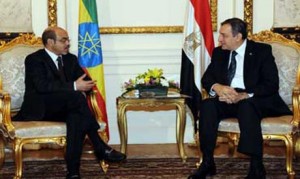
The reason this issue has come back to the front pages in the media is the following: since the
beginning of 2015 Egyptian President Abdel Fattah Al Sisi, Sudanese President Omar al-Bashir and
Ethiopian Prime Minister Halemariam Desalegn signed a declaration in Sudan’s capital Khartoum,
pledging to better share the Nile’s waters. Such a deal could not have been reached before Sisi
replaced its predecessor Mohammed Morsi. Sisi’s policy towards the Ethiopian dam appeared to be
quite more appeased, as opposed to Morsi, who threatened the initiation of a war in repeated
occasions. “The lives of the Egyptians are connected around [the Nile]… If it diminishes by one drop
then our blood is the alternative,” he said in a broadcast speech at the time. But Mr. Sisi has put
forward a more conciliatory note with the Ethiopians, while Sudan, normally in line with Cairo’s
policy over the Nile, has been acting as an intermediary.
As such, the March 2015 agreement includes a consensus amongst the three leaders over a
“declaration of principles”. Given that the Nile issue has been touching upon the national security
concerns of the three countries, this agreement reached upon aims, above all, to rebuild a solid trust
between the three governments. This agreement outlines 10 principles determining the managerial
approach that Sudan, Ethiopia and Egypt should adopt for the Eastern Nile waters. The principles:
common understanding, good faith, development, not causing significant damage, fair and
appropriate use of water, trust building, exchange of information and data, dam security,
sovereignty, unity and territorial integrity of the state, and peaceful settlement of disputes.
However, given that previous agreements signed throughout history, including the colonial era, have
not been annulled by this new declaration of principles, we should highlight the importance of the
principle of good faith, the major pillar of respect for the signed agreement. 

